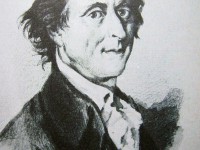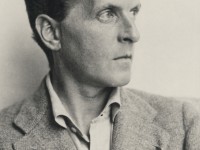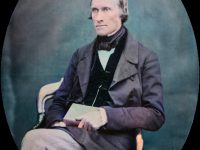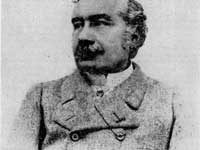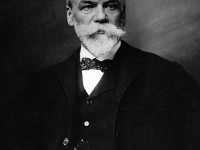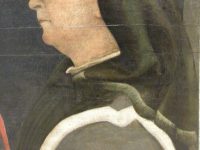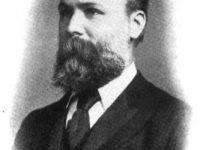Franz Achard and the Sugar Beet Revolution
On April 28, 1753, German (Prussian) chemist, physicist and biologist Franz Carl Achard was born. Achard‘s principal discovery was the production of sugar from sugar beets. In 1802, Achard opened the world’s first sugar producing industry plant in Prussia. Just imagine, the world harvested 250,191,362 metric tons of sugar beets in 2013, with Russia being the world’s largest producer. And only about 20% of the world‘s sugar production comes out of sugar…
Read more

